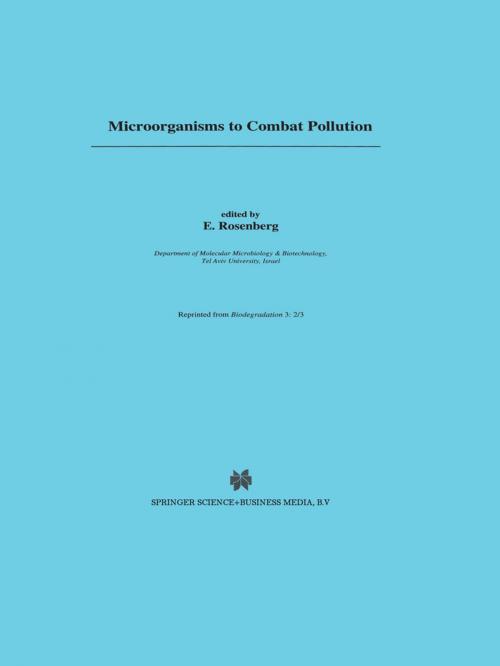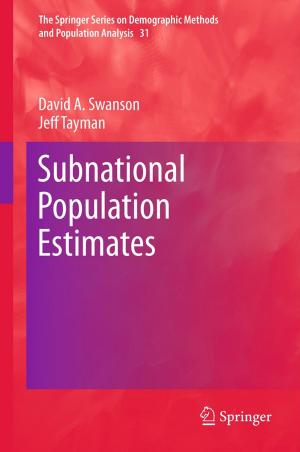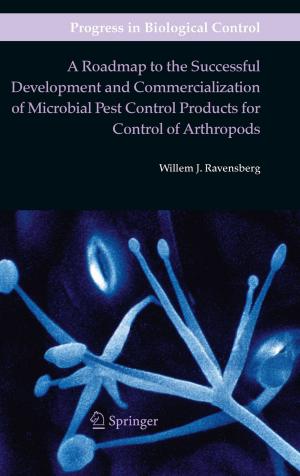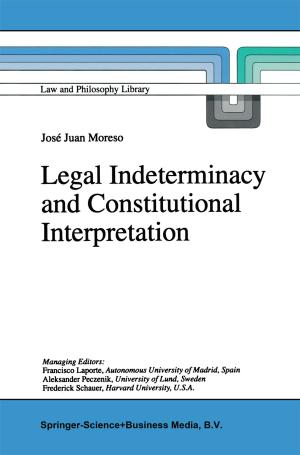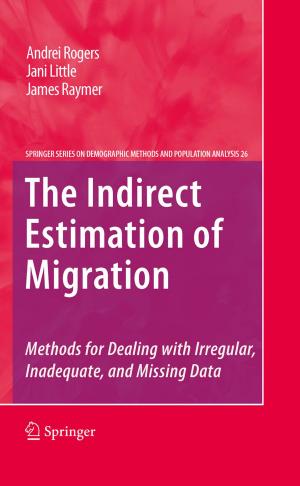Microorganisms to Combat Pollution
Nonfiction, Science & Nature, Science, Biological Sciences, Microbiology, Earth Sciences| Author: | ISBN: | 9789401116725 | |
| Publisher: | Springer Netherlands | Publication: | December 6, 2012 |
| Imprint: | Springer | Language: | English |
| Author: | |
| ISBN: | 9789401116725 |
| Publisher: | Springer Netherlands |
| Publication: | December 6, 2012 |
| Imprint: | Springer |
| Language: | English |
This volume contains material first presented at an international workshop on the 'Use of Microorganisms to Combat Pollution', held in Israel, May 10--18, 1992. The workshop was sponsored by the Bat-Sheva de Rothschild Foundation for the Advancement of Science and included microbiologists, biochemists and geneticists from universities, environmental agencies and the military. Each of the contributors to this volume is an ack nowledged expert on the treatment of one or more types of pollution using microorganisms or their enzymes. This book differs from most published symposia proceedings in the breadth of coverage of each subject. Most of the chapters are divided into three parts: (a) A general presentation of the source and toxicity of the pollutant, (b) a review of the current state-of-the-science on the biodegradation of that pollutant and (c) the authors' unique research experiences on the problem. In several examples, the authors have presented data from both laboratory studies and field trials. Thus, the book contains not only the theoretical background on the biodegradation of pollutants, but also practical experiences in applying this knowledge to solving significant pollution problems.
This volume contains material first presented at an international workshop on the 'Use of Microorganisms to Combat Pollution', held in Israel, May 10--18, 1992. The workshop was sponsored by the Bat-Sheva de Rothschild Foundation for the Advancement of Science and included microbiologists, biochemists and geneticists from universities, environmental agencies and the military. Each of the contributors to this volume is an ack nowledged expert on the treatment of one or more types of pollution using microorganisms or their enzymes. This book differs from most published symposia proceedings in the breadth of coverage of each subject. Most of the chapters are divided into three parts: (a) A general presentation of the source and toxicity of the pollutant, (b) a review of the current state-of-the-science on the biodegradation of that pollutant and (c) the authors' unique research experiences on the problem. In several examples, the authors have presented data from both laboratory studies and field trials. Thus, the book contains not only the theoretical background on the biodegradation of pollutants, but also practical experiences in applying this knowledge to solving significant pollution problems.
